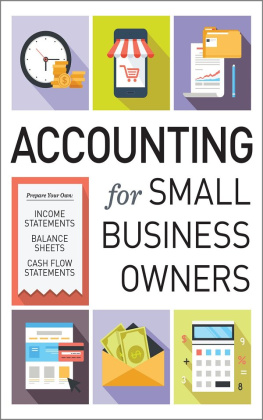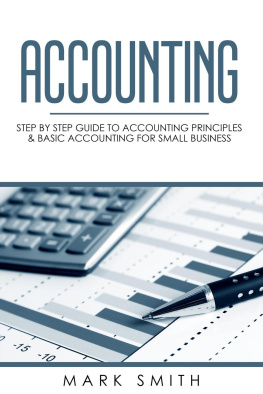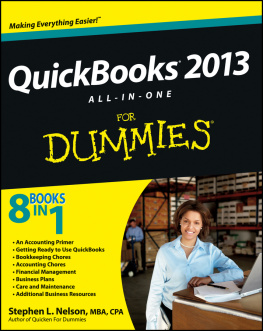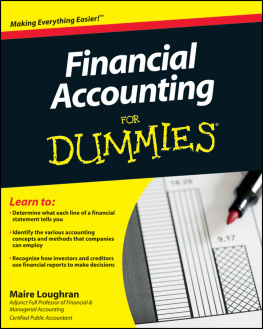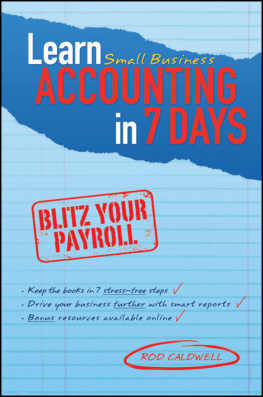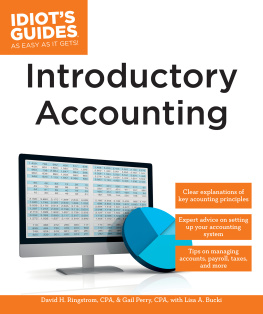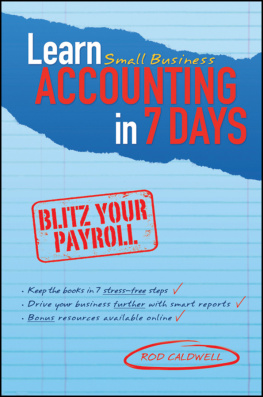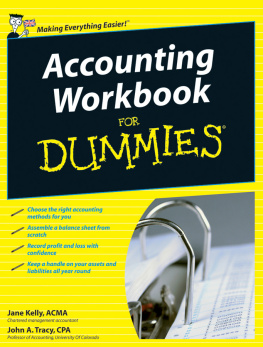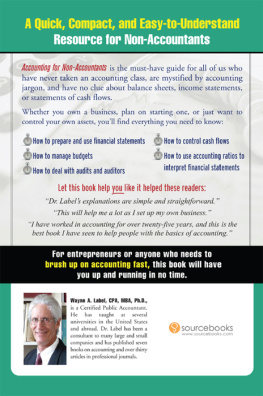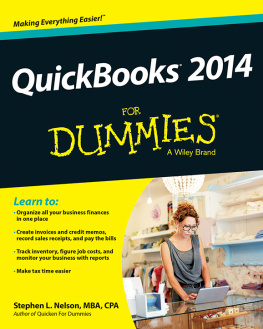Copyright 2015 by Tycho Press, Berkeley, California.
No part of this publication may be reproduced, stored in a retrieval system or transmitted in any form or by any means, electronic, mechanical, photocopying, recording, scanning or otherwise, except as permitted under Sections 107 or 108 of the 1976 United States Copyright Act, without the prior written permission of the Publisher. Requests to the Publisher for permission should be addressed to the Permissions Department, Althea Press, 918 Parker St, Suite A-12, Berkeley, CA 94710.
Limit of Liability/Disclaimer of Warranty: The Publisher and the author make no representations or warranties with respect to the accuracy or completeness of the contents of this work and specifically disclaim all warranties, including without limitation warranties of fitness for a particular purpose. No warranty may be created or extended by sales or promotional materials. The advice and strategies contained herein may not be suitable for every situation. This work is sold with the understanding that the Publisher is not engaged in rendering medical, legal, or other professional advice or services. If professional assistance is required, the services of a competent professional person should be sought. Neither the Publisher nor the author shall be liable for damages arising herefrom. The fact that an individual, organization, or website is referred to in this work as a citation and/or potential source of further information does not mean that the author or the Publisher endorses the information the individual, organization, or website may provide or recommendations they/it may make. Further, readers should be aware that websites listed in this work may have changed or disappeared between when this work was written and when it is read.
For general information on our other products and services or to obtain technical support, please contact our Customer Care Department within the United States at (866) 744-2665, or outside the United States at (510) 253-0500.
Tycho Press publishes its books in a variety of electronic and print formats. Some content that appears in print may not be available in electronic books, and vice versa.
TRADEMARKS: Tycho Press and the Tycho Press logo are trademarks or registered trademarks of Callisto Media, Inc., and/or its affiliates, in the United States and other countries, and may not be used without written permission. All other trademarks are the property of their respective owners. Tycho Press is not associated with any product or vendor mentioned in this book.
ISBN: Print 978-1-62315-536-0 | eBook 978-1-62315-537-7
CONTENTS
INTRODUCTION
Accounting is a large and multifaceted field that encompasses many business activities. It serves a fundamental role in businesses of all types, from multinational corporations to nationwide chains to mom-and-pop neighborhood stores. In this book were going to break it all down at the level of the small business owner. Well discuss what accounting is and the industry rules that govern how accountants operate. Youll learn about financial statementswhat they are and how to use them. Well cover stock, payroll, borrowing, and employee benefit and tax payments. Then well go over production and inventory, as well as paying bills and expenses.
After reading this book you should have an understanding of some basic principles of accounting and be able to set up your first set of books for your small business. Youll be able to prepare your own financial statements and determine whether or not your business is making a profit. Youll also be able to better predict the ups and downs of your business and make more informed decisions, which will keep your enterprise healthy and growing.
WHAT IS ACCOUNTING?
Accounting is the process of recording business transactions, summarizing that data in financial statements, analyzing it, and then reporting the findings to owners and investors. Owners of small businesses need to know if their sales, costs, and expenses are increasing or decreasing, and if they are making a profit or a loss during a specified time period. A business owner cant improve the business unless they know what is and isnt working.
As a small business owner, you will need to monitor cash flow so youll know if you have enough to cover your upcoming expenses. Youll also need to keep an eye on receivables and payables so you know if customers are paying you on time, and that youre paying your vendors timely as well. Youll need to monitor your sales and expenses to make sure you are earning a profit. If youre losing money, theres not much point to being in business!
WHO GOVERNS THE ACCOUNTING INDUSTRY?
The Federal Accounting Standards Board (FASB) is the governing body that establishes and issues the standards to which all certified public accountants (CPAs) must adhere. FASB standards, known as generally accepted accounting principles (GAAPpronounced gap), consist of a set of guidelines that govern how the accounting industry performs its duties. The goal is to ensure credibility and transparency within the industry.
The basic accounting principles include:
Cost principle. Accountants use the term cost for the amount originally spent, so amounts shown on financial statements are referred to as historical costs.
Economic entity assumption principle. Accountants consider the business and its owner as separate entities.
Full disclosure principle. If certain information would be relevant to an investor or lender, it should be disclosed in the financial statements. The information is usually included in the form of footnotes.
Going concern principle. Accountants act on the assumption that the business will keep operating indefinitely.
Matching principle. Accountants try to match revenue to expenses (i.e., post them in the time period, month, or quarter in which they were earned). This principle is used in the accrual method of accounting.
Revenue recognition principle. Accountants recognize revenue as it is earned, not as cash is received. This system is also used in the accrual method.
A few of these principles are specific only to the accrual method of accounting, as opposed to the cash method. The accrual method recognizes revenue when it is earned (when the product is shipped or services are performed) and expenses when they are incurred (purchases made), not necessarily when money is exchanged. This method allows the business owner to keep the revenue and expenses for products sold or services performed reported in the same time period, such as over a 30-day period.
That said, most small businesses use the cash method, which is acknowledged by governing agencies as an acceptable alternative. This method stipulates that revenue be recognized when the cash is received and that expenses be posted when the bill is paid.
BOOKKEEPERS, ACCOUNTANTS, CONTROLLERS, AND CPAS: WHO DOES WHAT?
Accounting personnel have many job titles, and each specializes in different tasks and duties. If you ever need to hire someone to help you with accounting, you will need to know how these titles differ.

